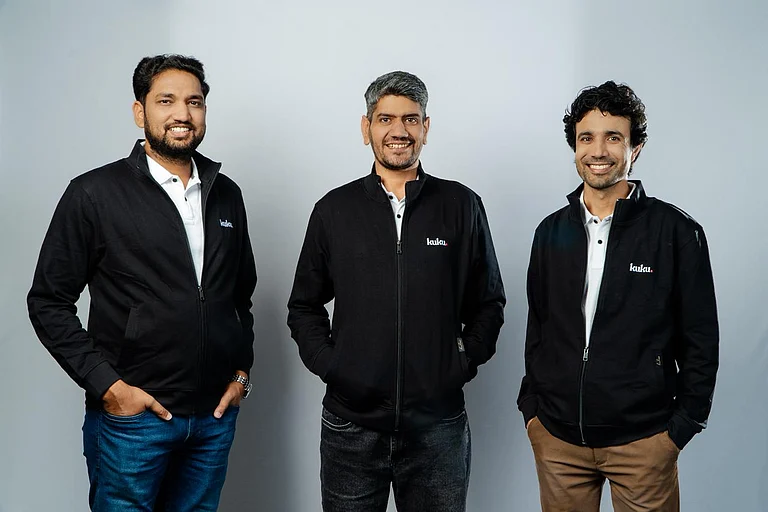
Summary of this article
Samsung is under scrutiny after reports claimed its Galaxy A, M, and F series phones include an Israeli-developed pre-installed app, AppCloud, that cannot be removed and behaves like spyware.
Digital-rights groups say the app collects sensitive user data, reactivates after updates, and cannot be uninstalled without rooting the device, raising major privacy concerns.
Critics argue that the app’s opaque data practices and Israeli origins have intensified fears of potential surveillance, while Samsung has yet to provide a detailed response.
Samsung is facing mounting criticism after reports surfaced that several Galaxy A, M, and F series smartphones come with a pre-installed Israeli-developed app that digital-rights groups say operates like spyware.
The software, called AppCloud, is created by the Israeli-founded company ironSource, now part of Unity. Security researchers and privacy advocates say the app collects sensitive data such as device identifiers, IP addresses, and usage patterns. It is deeply embedded in the phone’s system, giving users no straightforward way to remove it.
Even when disabled, the app reportedly reactivates after system updates, prompting concerns that it functions with permissions beyond user control. Activists argue that the inability to uninstall the software without rooting the device — an action that voids warranties and carries risks — violates consumer autonomy and basic privacy norms.
Questions have also been raised about the transparency of the app’s data practices. Critics note that the privacy policy does not clearly outline what information is harvested or how it is stored, shared, or monetised.
In regions across the Middle East and North Africa, the allegations have triggered stronger anxieties due to the developer’s Israeli origins, with some observers warning that the app could be used to facilitate surveillance in politically sensitive environments.
Samsung has not yet issued a detailed response, even as digital rights groups urge the company to offer users the option to fully remove the app and provide clearer disclosures about its data-collection mechanisms.






















